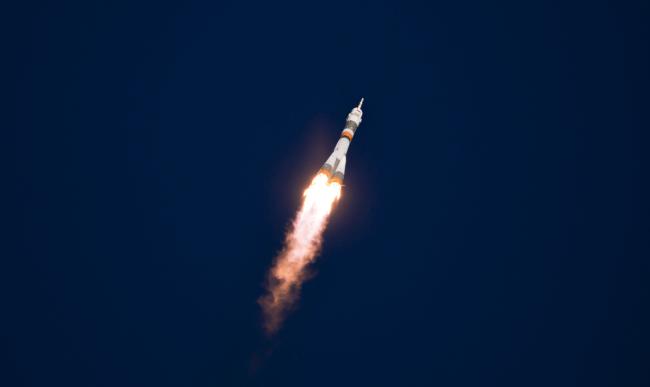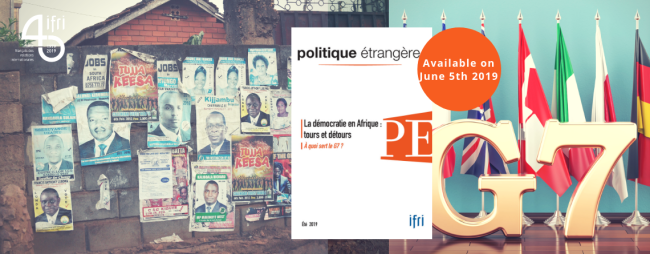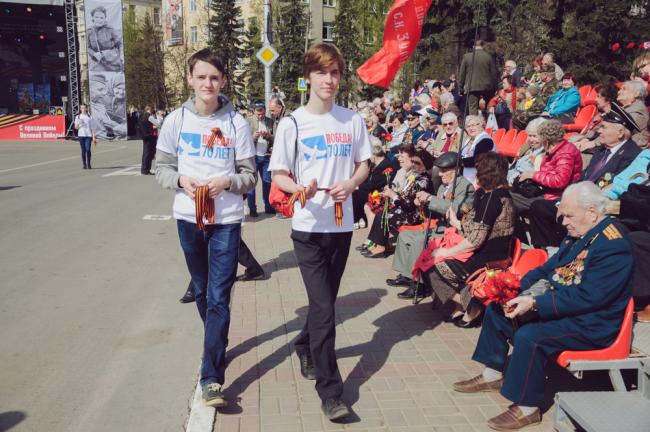Russia-Eurasia
Eurasia is undergoing profound changes. While the Soviet past has left a lasting imprint, Russia and the countries of Eastern Europe, Central Asia and the South Caucasus have their own trajectory.
Related Subjects
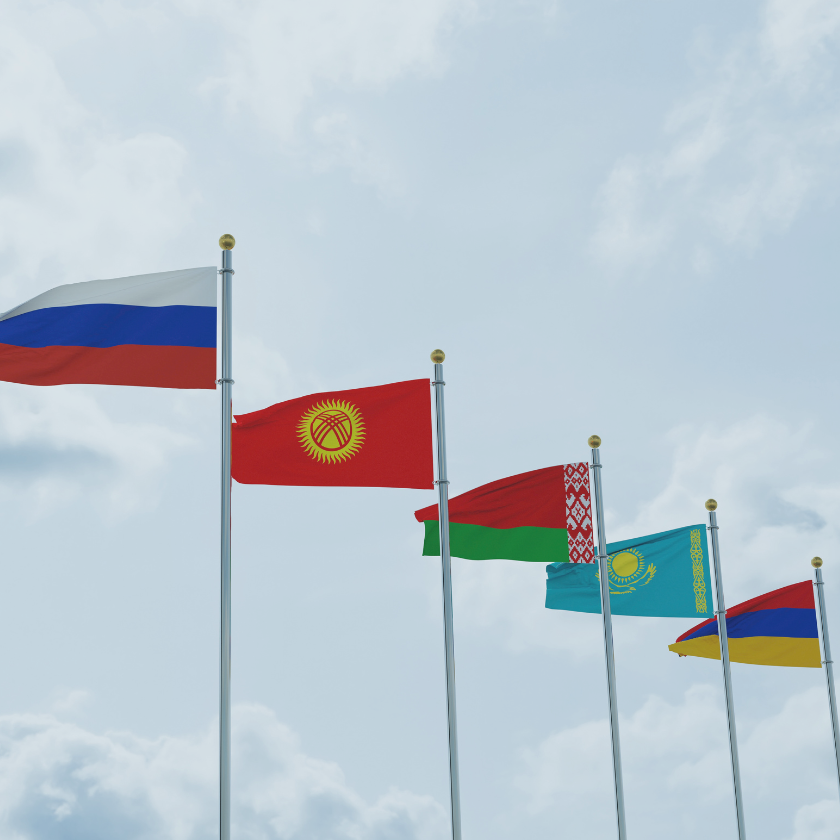
Europe-Russia: Balance of Power Review
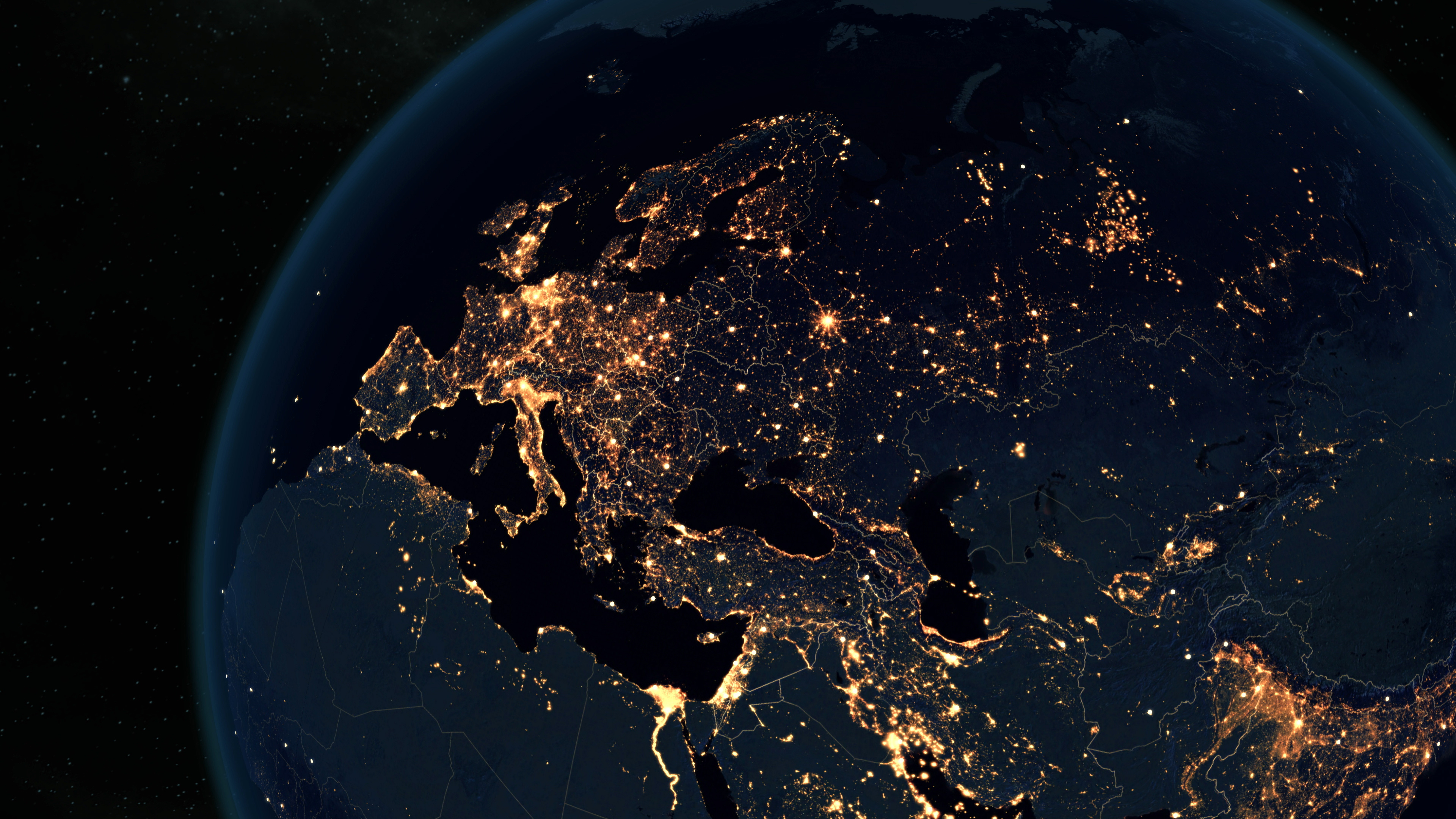
European countries can no longer avoid the "Russian question," as Russia has chosen war. They have the necessary potential—that is, the economic means, military capabilities, and technological expertise—to face Russia by 2030, provided they demonstrate the political will to do so.
Russia’s Space Policy: The Path of Decline?
With the advent of New Space, Russia is engaged in a race against time to preserve one of its major industrial assets.
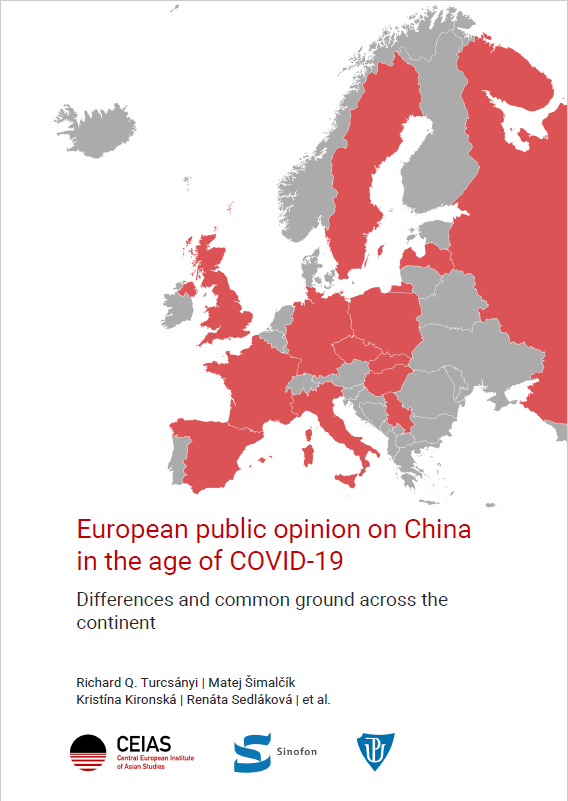
European public opinion on China in the age of COVID-19: Differences and common ground across the continent
In September and October 2020, the Sinophone Borderlands project at Palacký University Olomouc conducted a wide-scale survey of public opinion on China in 13 European countries. The polled countries include: Czechia, France, Germany, Hungary, Italy, Latvia, Poland, Russia, Serbia, Slovakia, Spain, Sweden, and the United Kingdom. Here, we present the basic findings of the survey, which are a result of a joint analysis of the survey data by the Central European Institute of Asian Studies (CEIAS) and Sinophone Borderlands.
One Year of Zelensky’s Presidency: One Step Forward, One Step Back
The election of Volodymyr Zelensky as president of Ukraine created very high expectations in the society.
Greater Eurasia: The Emperor’s New Clothes or an Idea whose Time Has Come?
The Greater Eurasia project has emerged as the poster-child of Vladimir Putin’s foreign policy, symbolic of a resurgent and self-confident Russia.
Democracy in Africa: A Long and Winding Road
The architecture of democracy is complex, coupling a legal framework to a social foundation that allows it to take root.

Envisioning Opportunities for U.S.-Russia Cooperation in and with Central Asia
Central Asia is conventionally seen as a conflicting space for great powers.
Beyond Putin: Russia’s Generations Y and Z
Of Russia’s 146 million citizens (if we include those in Crimea), 63 million—or 43 percent—are under 34 years of age. Of these, 30 million belong to Generation Y (millennials in their 20s and early 30s), 15 million belong to Gen Z (teenagers), and a further 18 million are part of the youngest generation (less than 10 years of age).
Kremlin-Linked Forces in Ukraine’s 2019 Elections: On the Brink of Revenge?
The 2019 presidential and parliamentary elections in Ukraine take place against the backdrop of the continuing “hybrid war” with Russia, but are also marked by the visible successes of the Ukrainian leadership in strengthening the country’s defenses, reviving its economic growth and implementing pro-European policies.
China’s Ambitions in Eastern Europe and the South Caucasus
Eastern Europe and the South Caucasus have long been a blind-spot for Chinese diplomacy and economic policy. For over a decade, however, China has been laying the foundations of a long-term presence in the area, a process which has accelerated since the end of 2013 with the launch of the Belt and Road Initiative.
Moldova between Russia and the West: Internal Divisions behind the Commitment to European Integration
The traditional characterisation of Moldova as a bridge between two civilisations, Russian Orthodox and the West, seems to have become outdated.


Internet, accélérateur des transformations de la Russie
La crise économique mondiale survenue en 2008, qui s’est durement répercutée en Russie, a cristallisé le mécontentement de la population, en particulier des classes moyennes et supérieures. Ce ressentiment, les réseaux sociaux et les blogs permettent de l’exposer sur la « place publique » en obtenant une résonance significative. Cette évolution n’est pas propre à la Russie ; elle est générationnelle.
Disponible sur Cairn
Kazakhstan and Eurasian Economic Integration: Quick Start, Mixed Results and Uncertain Future
Kazakhstan's economic integration with Russia and Belarus has been advancing at break-neck speed.
Economic Constraint and Ukraine's Security Policy
Since winning the 2010 presidential elections in Ukraine, Viktor Yanukovych has worked hard to repair Kyiv's relationship with Moscow.

Russian Civil-Military Relations: Is There Something New with Medvedev ?
How the Chinese See Russia
This essay examines Chinese attitudes toward Russia as a great power, neighbor, partner and competitor.
U.S.-Russia Strategic Partnership against Nuclear Proliferation: From Declaration to Action
Support independent French research
Ifri, a foundation recognized as being of public utility, relies largely on private donors – companies and individuals – to guarantee its sustainability and intellectual independence. Through their funding, donors help maintain the Institute's position among the world's leading think tanks. By benefiting from an internationally recognized network and expertise, donors refine their understanding of geopolitical risk and its consequences on global politics and the economy. In 2025, Ifri supports more than 80 French and foreign companies and organizations.







